Well-Being at Bates
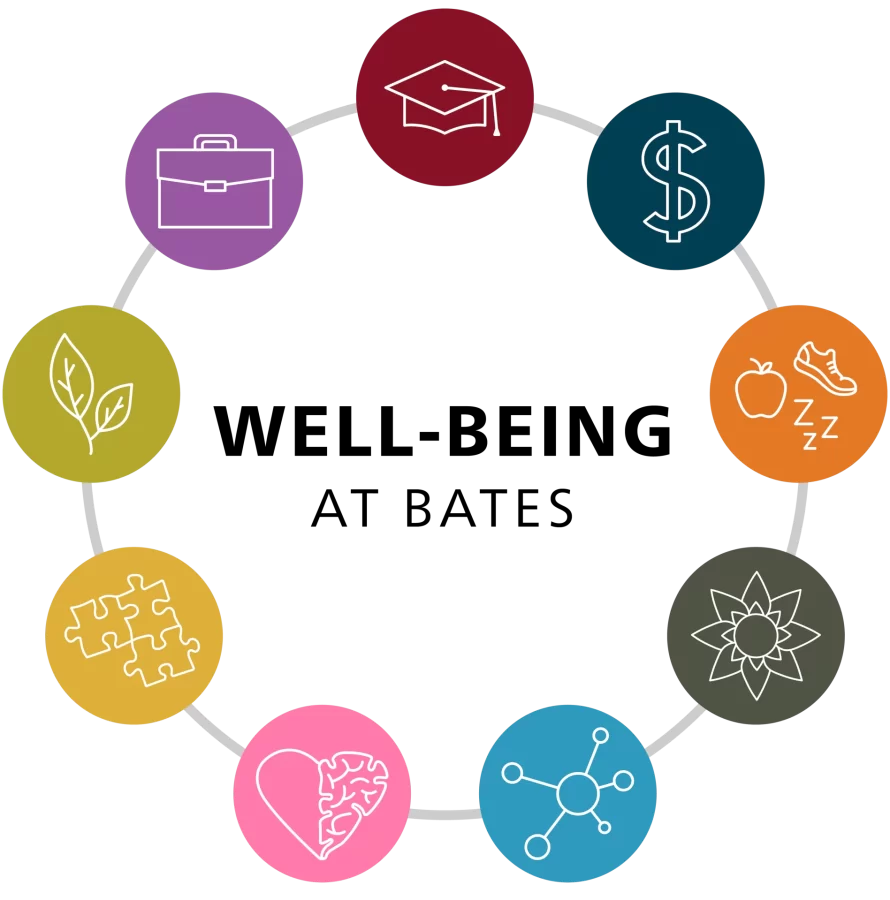
Our mission is to support students to define what well-being means for them and to take ownership of and action in their well-being journey.
What is Well-Being?
We know that definitions of well-being are culturally defined and unique for each individual and that well-being can be uniquely challenging for college students who have many academic, extracurricular, and social demands that can affect their ability to thrive. Our lived experiences and identities affect the ways that we’ve experienced and cultivated well-being before Bates, the ways that we arrive to Bates, and how we engage with our environment and experience well-being at Bates. In collaboration with students and partners across campus, we’ve developed nine dimensions of well-being that can serve as a framework to think about the ways in which we conceive of and practice our individual well-being on campus. While on campus this may look like:
- Developing and embracing meaningful and restorative social connections that support you in fostering belonging
- Fully accessing and finding joy in your Bates experience
- Identifying and prioritizing what contributes to your own sense of well-being
- Utilizing community resources, including groups, programs, friends, faculty, staff, and family for support when needed
- Utilizing mental and medical healthcare when needed
- Developing routines and practicing skills that meet your needs and support you
- Actively engaging with the individuals, communities and world around you, in informed civic action, and responsible stewardship of the wider world
- Developing the capacity to manage complexities and discomfort while moving throughout your day — resiliency
- Finding belonging at Bates
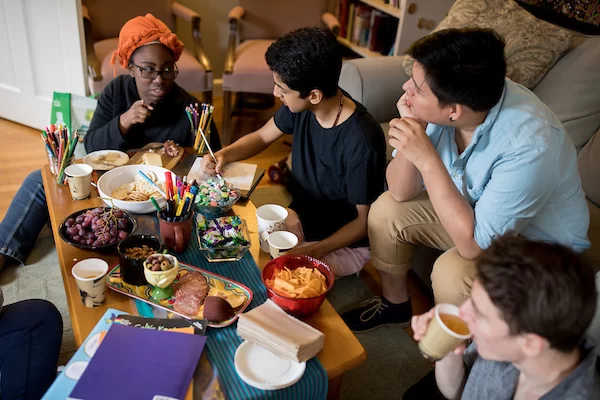
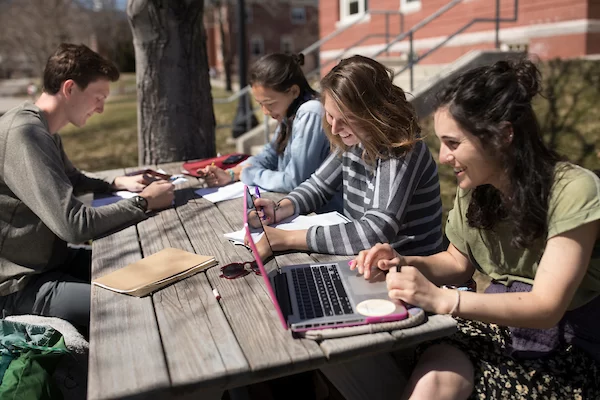
Dimensions of Well-Being
Below are nine Dimensions of Well-Being created by Bates students. While these dimensions are at times distinct, our well-being in each dimension can affect our well-being in others. Click on each dimension below to explore well-being resources and strategies developed by students.
Academic
Engaging in classwork, learning support, studying, and organization.
Academic Well-Being Resources
- Academic Departments
- Faculty (class meetings, office hours)
- Academic Advisors (listed under ‘My Success Network’ in BatesReach)
- Student Advising Portal
- Student Support Advisors (SSAs)
- Student Academic Support Center (SASC) formerly ARC & Math/Stats Workshop
- Student Writing and Language Center (SWLC) formerly Writing & Language Center
- Office of Accessible Education and Student Support (and Testing Center)
- Registrar & Academic Systems Office
- Harward Center for Community Partnerships
- Center for Inclusive Teaching and Learning (CITL)
- Student Clubs & Orgs (ex: Debate Team, Psychology & Neuroscience Club)
- STEM Scholars
Tips from Other Students
- Work spaces (Ladd Library, PGill, Commons, academic buildings, etc.)
- Online tools (Degree Audit, Google Calendar)
- Peers & classmates
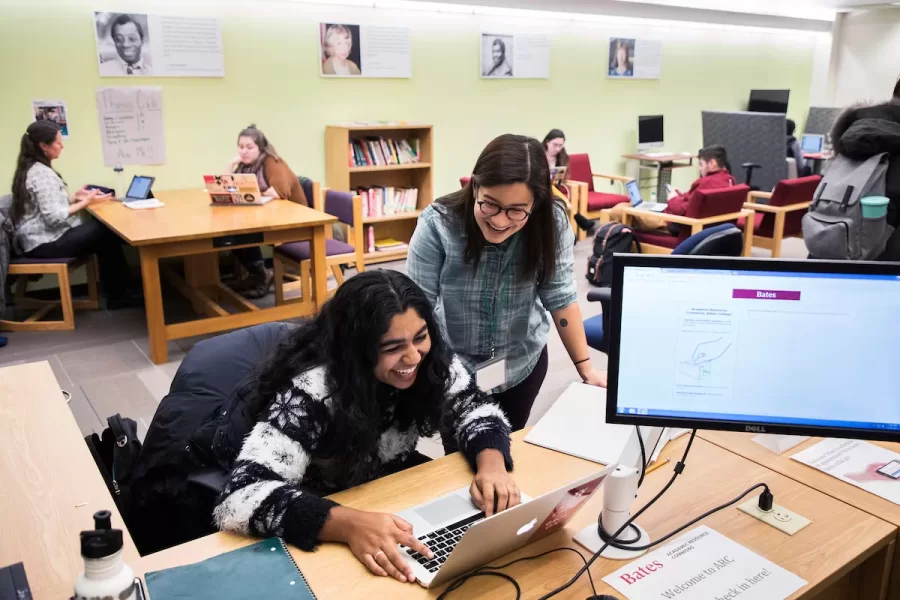
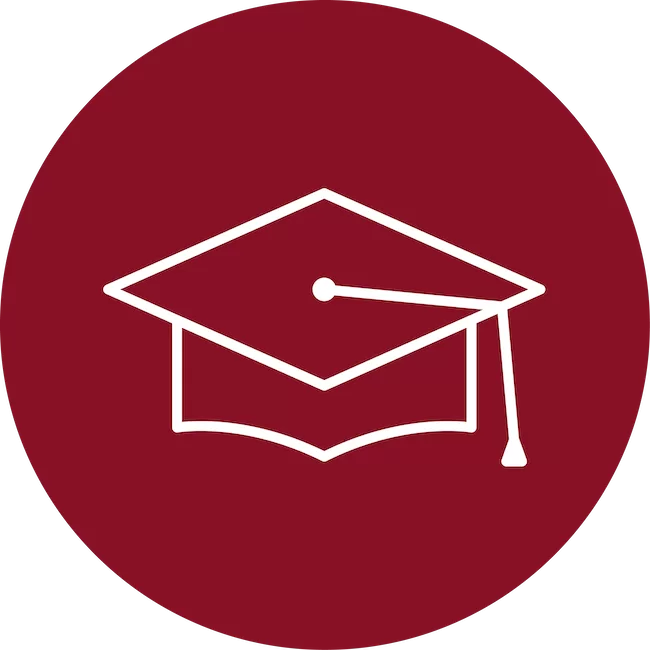
Environmental
Caring for physical spaces, nature, and our surroundings.
Environmental Well-Being Resources
- Student Clubs & Orgs (ex: Outing Club, EcoReps)
- Residence Life and Housing (JAs/CAs, Theme Houses, roommates)
- Counseling and Psychological Services (CAPS)
- Office of Accessible Education and Student Support
- Facility Services
- Campus Safety
- Harward Center for Community Partnerships
- Commons
- Academic Departments (major, faculty)
- Athletics
Tips from Other Students
- Physical spaces on-campus (greenhouse, garden, Lake Andrews/The Puddle, the Historic Quad, open green spaces)
- Physical spaces off-campus (Thorncrag Bird Sanctuary, Range Pond)
- Weather (take advantage of sunny, warm days!)
- Physical activity (skiing, running, biking, hiking)
- Friends
- Doing your part (recycle, plant a tree, reusable containers)
- Being outside (sitting, studying)
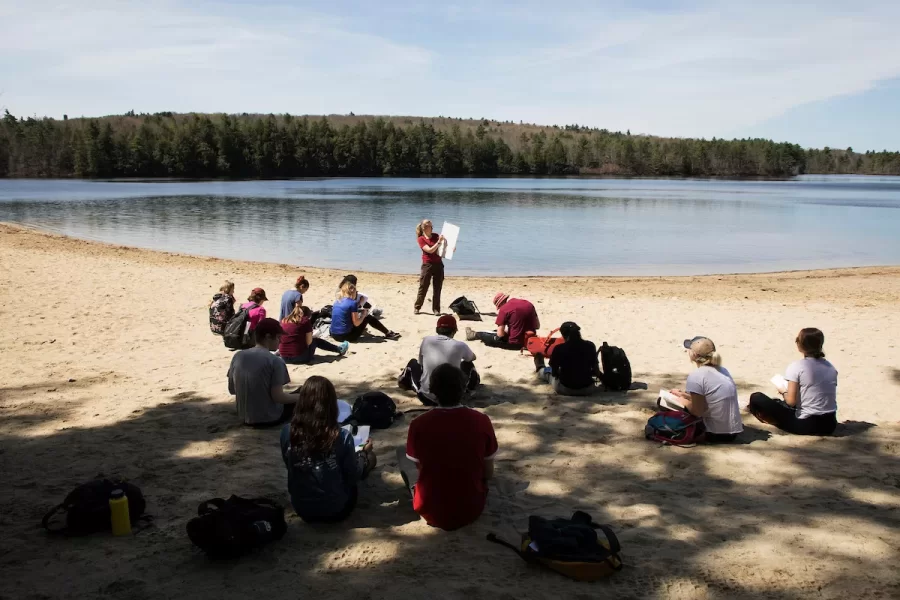
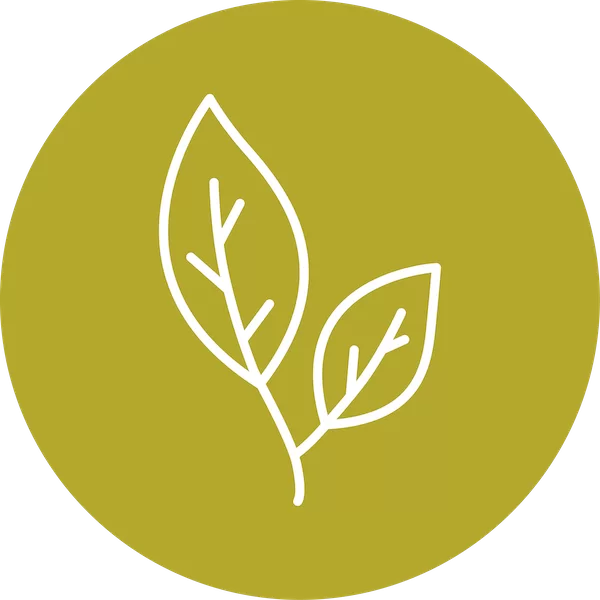
Financial
Attending to employment, money management, and aid.
Financial Well-Being Resources
Bates Offices & Programs
- Student Financial Services (including financial aid packages)
- Student Employment Office (including on-campus jobs, Work Study and Payroll)
- Center for Purposeful Work (Mini-Grants and PW Funded Internships)
- Harward Center for Community Partnerships (Work Study Opportunities, Research Fellowships, and Leadership Positions)
- Student Emergency Funding
- Student Clubs & Orgs (ex: Investment Club)
Tips from Other Students
- BLC Mutual Aid
- Off-campus employment
- Family & support network
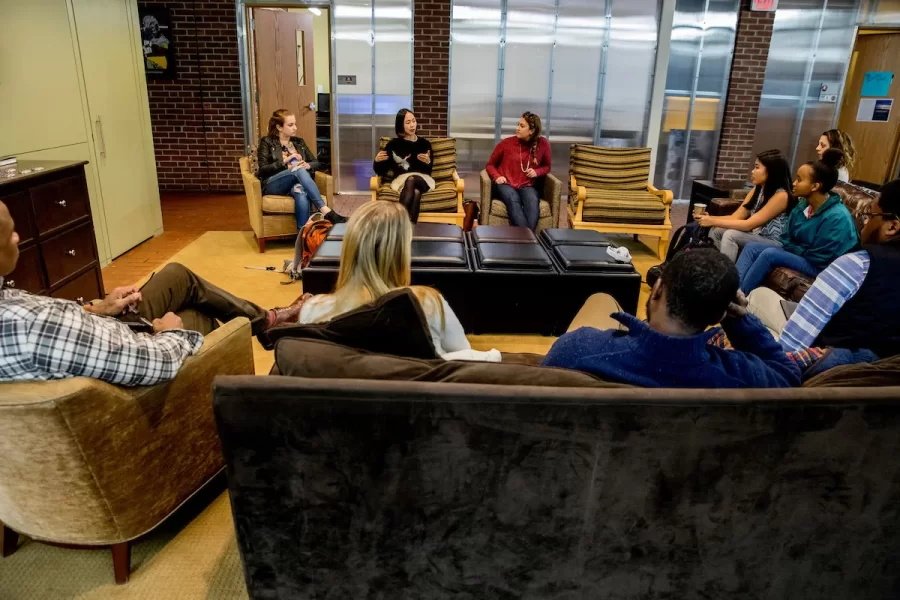

Mental
Taking care of your mind.
Mental Well-Being Resources
Bates Offices & Programs
- Counseling and Psychological Services (CAPS)
- Student Center for Belonging and Community (SPARQ Peer Mentors, First-Generation Peer Mentors, and staff)
- Multifaith Chaplaincy
- Chaplains and Multifaith Fellows
- Oasis (email cra@bates.edu)
- Residence Life
- Campus Life (CAT Wellness Events)
- Student Clubs & Orgs
- Harward Center for Community Partnerships
- Bates Health Services (BHS)
- Title IX & Civil Rights Compliance Office
- Confidential Resource Advisor (CRA)
- Center for Global Education
- Athletics Staff (coaching staff & athletic administrators)
- Campus Safety
- Athletics teams (teammates, captains)
- Faculty (professors, advisors)
- Nutrition Counseling
- Student Support Advisors (SSAs)
Tips from Other Students
- Relationships (friends, peers, mentors, family, roommates)
- Mindfulness practices (yoga, Headspace, meditation)
- Off-campus (Riverwalk, off-campus house, home)
- Physical spaces on-campus (Bates Art Museum, Commons, Olin practice rooms)
- Animals (pets, ESAs)
- Self care practices (routines, alone time, sleep, writing in diary)
- Hobbies (exercising, reading, music)
- Therapy (off-campus)
- Food
- Nature
- Organizational Tools (Notion, Google Calendar, planning, commitments)
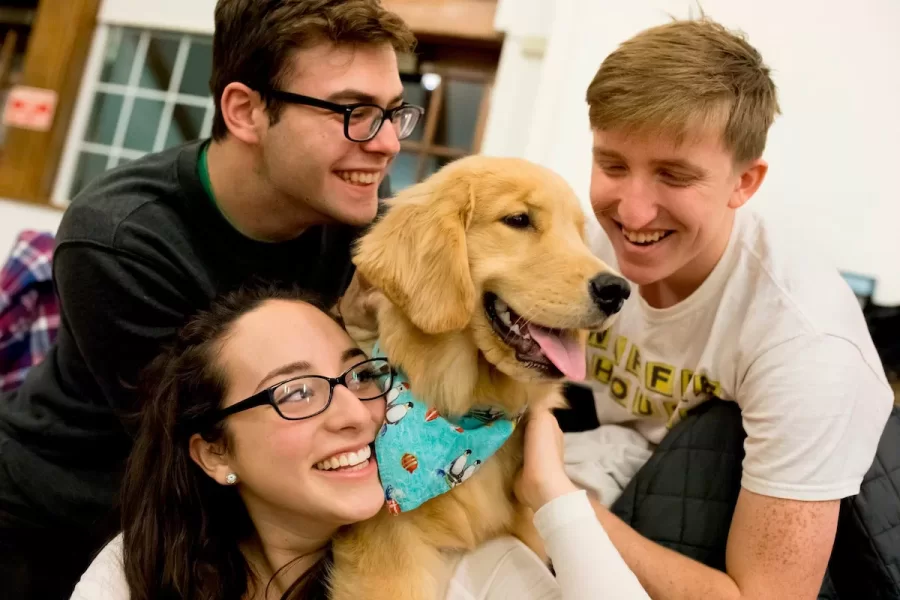
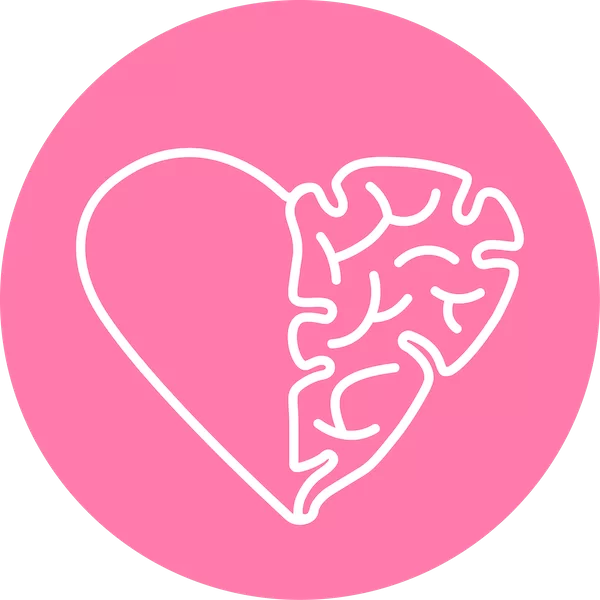
Occupational
Finding purpose in work.
Occupational Well-Being Resources
Bates Offices & Programs
- Center for Purposeful Work (Job Shadows, Pre-Health, Pre-Law, and Graduate School Advising)
- Student Center for Belonging and Community (SPARQ Peer Mentors, First-Generation Peer Mentors, and staff)
- Academic Departments (including research opportunities)
- Student Support Advisors (SSAs)
- Academic Advisors (listed under ‘My Success Network’ in BatesReach)
- Student Employment Office
- Harward Center for Community Partnerships
- Residence Life
- Office of Equity & Inclusion
- Student Clubs & Orgs
- MOSAIC (identity-based alumni connections)
Tips from Other Students
- Off-campus employment & volunteer opportunities
- Handshake & Email listservs/job postings
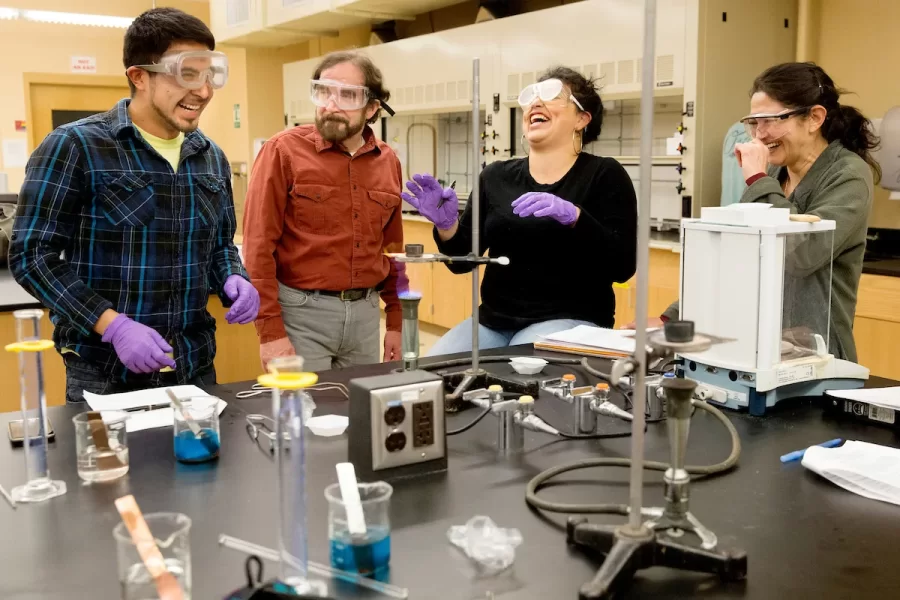

Physical
Taking care of your body.
Physical Well-Being Resources
Bates Offices & Programs
- Athletic Facilities
- Sports Medicine
- Athletic Trainers
- Athletics Staff (coaches, athletic administrators)
- Dance Department Courses
- B-Well Fitness Classes
- Dining Services
- Bates Health Services (BHS) (including referrals for physical therapy)
- Residence Halls & Hours (upper class students and first year students)
- Bates EMS
- Student Clubs & Orgs (ex: Club Sports teams, Outing Club, Yoga Kula, Smoothie Club, Run Club, Femme Folks)
- Facility Services
- Title IX & Civil Rights Compliance Office
- Confidential Resource Advisor (CRA)
- Nutrition Counseling
- Campus Safety
Tips from Other Students
- Local healthcare (CMMC, St. Mary’s, Maine Family Planning)
- Physical spaces on campus (Ronj, Den, dorms, green space, The Puddle)
- Physical Spaces off campus (Riverwalk, Thorncrag Bird Sanctuary, outdoors/nature)
- Self resources and practices: running, walking, exercise, rest, sleep hygiene
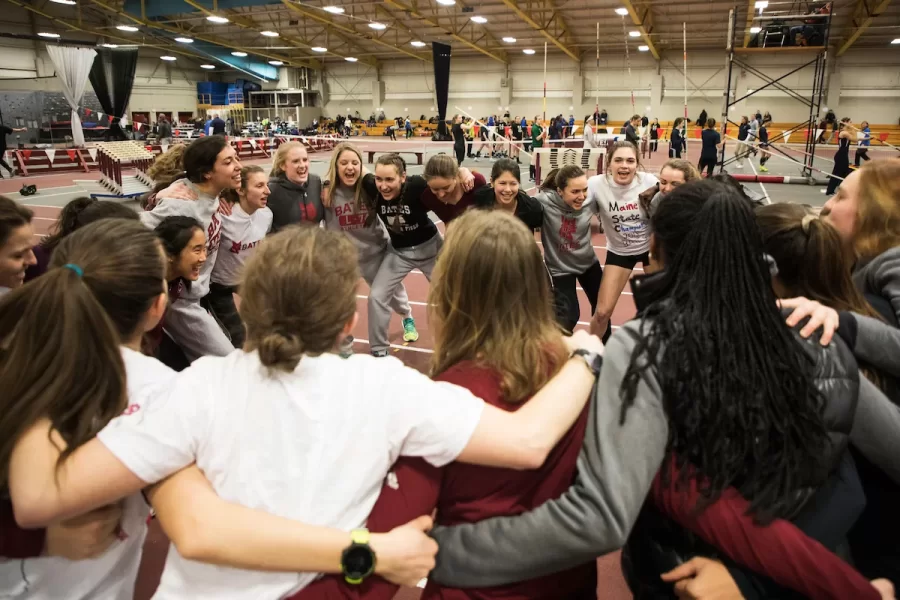
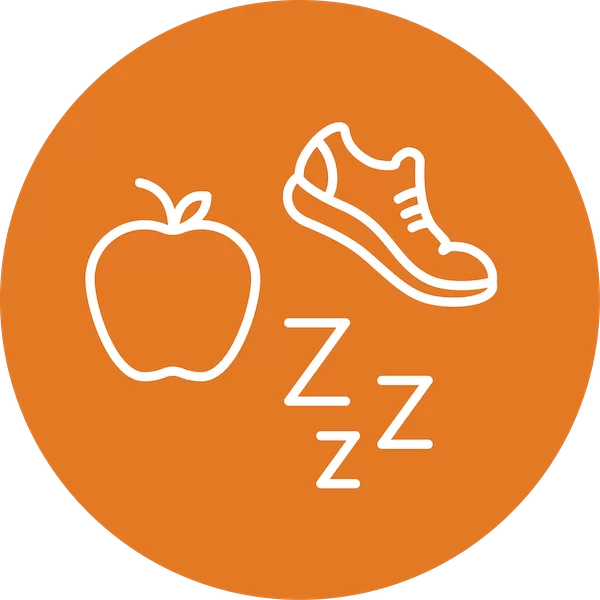
Relational
Growing in and navigating our relationships of all kinds.
Relational Well-Being Resources
Bates Offices & Programs
- Student Clubs & Orgs (ex: Africana, CSA, BSU, A Capella groups, Outing Club)
- Student Center for Belonging and Community (SPARQ Peer Mentors, First-Generation Peer Mentors, and staff)
- Residence Life (JAs/CAs, First-Year Centers)
- Athletics Teams (teammates, SAAC, captains)
- Student Support Advisors (SSAs)
- Academic Advisors (listed under ‘My Success Network’ in BatesReach)
- Student Academic Support Center (SASC) formerly ARC & Math/Stats Workshop
- Student Writing and Language Center (SWLC) formerly Writing & Language Center
- Harward Center for Community Partnerships
- Counseling and Psychological Services (CAPS)
- Athletics Staff (coaches & athletic administrators)
- Center for Global Education
- Restorative Practices Program
Tips from Other Students
- Physical spaces (Commons, Ronj, Grey Cage, home/Houses, Ladd Library, Lewiston, outdoors)
- Relationships (friends, peers, family, classmates)
- Time with dogs or pets
- Alone time
- Activities (music w/ others, extracurricular, intramural)
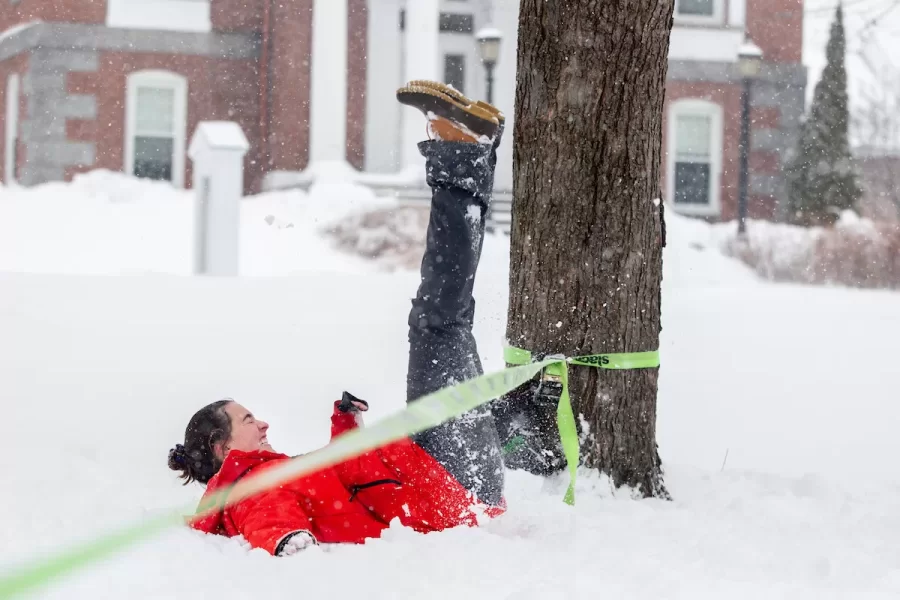
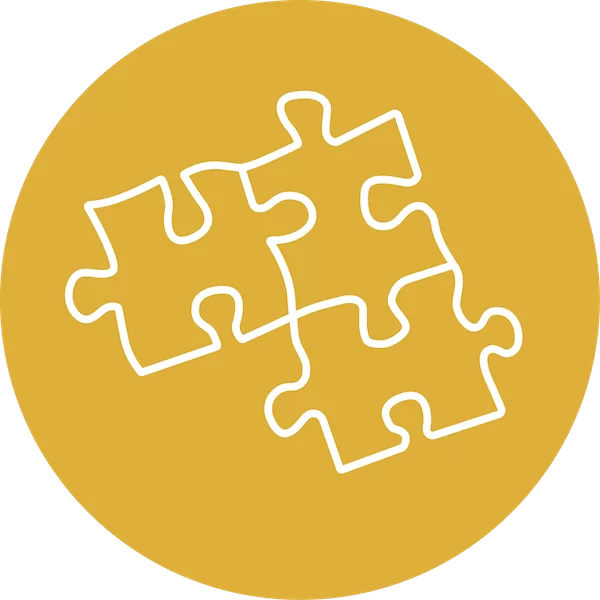
Social
Connecting with community and engaging in activities.
Bates Offices & Programs
- Multifaith Chaplaincy
- Student Clubs & Orgs (ex: Africana, CSA, BSU, A Capella groups, Outing Club, Smoothie Club, Club Sports)
- First-Year Orientation Programs (AESOP)
- Student Center for Belonging and Community (SPARQ Peer Mentors, First Generation Peer Mentors, and staff)
- Harward Center for Community Partnerships (volunteer opportunities)
- Center for Purposeful Work
- Campus Life events (CAT)
- Athletics events
- Academics (Courses, FYS, Departments)
- Residence Life (JAs/CAs, First-Year Centers)
- Athletics teams (teammates, SAAC, captains)
- Facility Services
- Center for Global Education
Tips from Other Students
- Physical spaces (Commons, Ronj, Grey Cage, halls/houses, Ladd Library, Lewiston, outdoors)
- Events & activities (music w/ others, extracurricular, intramural)
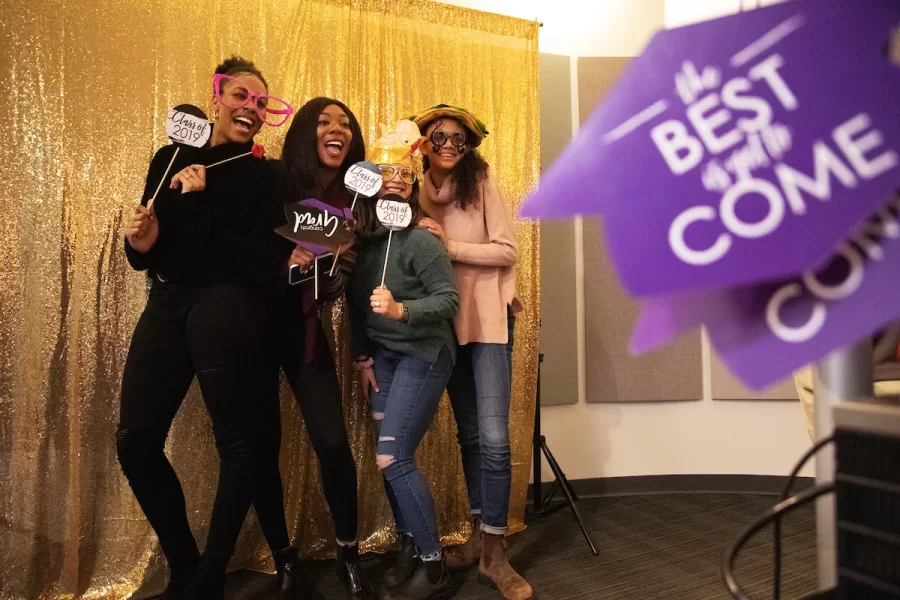
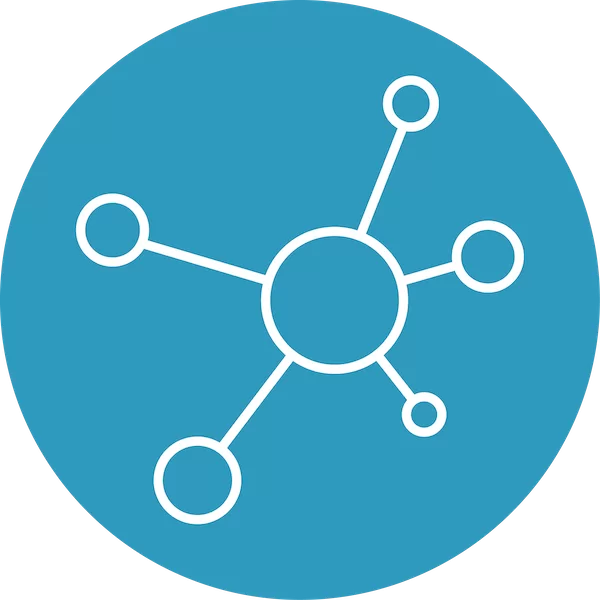
Spiritual
Finding meaning through faith, religiosity, and spiritual community.
Spiritual Well-Being Resources
Bates Offices & Programs
- Multifaith Chaplaincy programs (ex: Crossroads, PAUSE, Hearth)
- Multifaith Chaplains and Spiritual Advisors
- Multifaith Fellows (student fellows)
- Student Clubs & Orgs (ex: BCF, JSO, MSU, Yoga Kula, A Cappella, VCS)
- Counseling and Psychological Services (CAPS)
- Religious services (on-campus)
- Academic Departments, Classes, Faculty
Tips from Other Students
- Physical spaces (Gomes Chapel, nature, prayer rooms)
- Peer support
- Meditation, self-reflection, praying
- Religious services (off-campus)
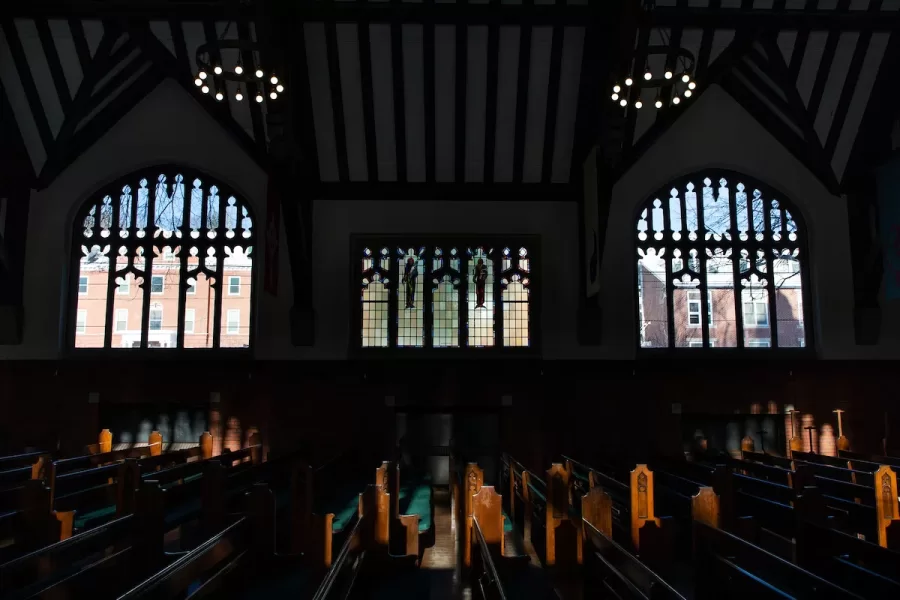
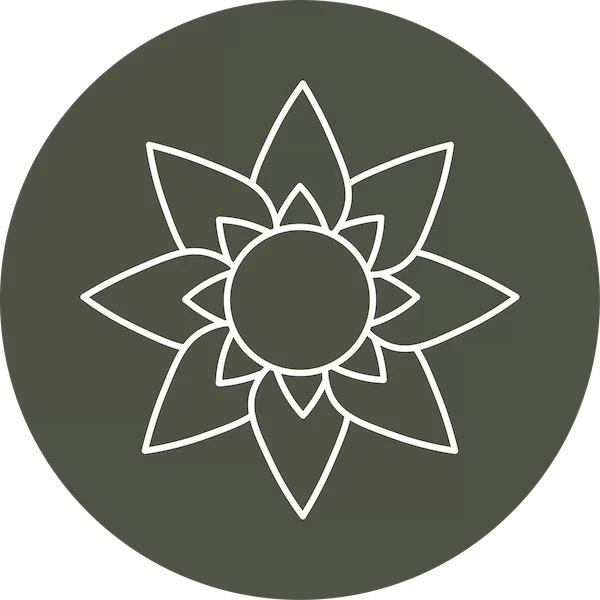
Social Well-Being Resources